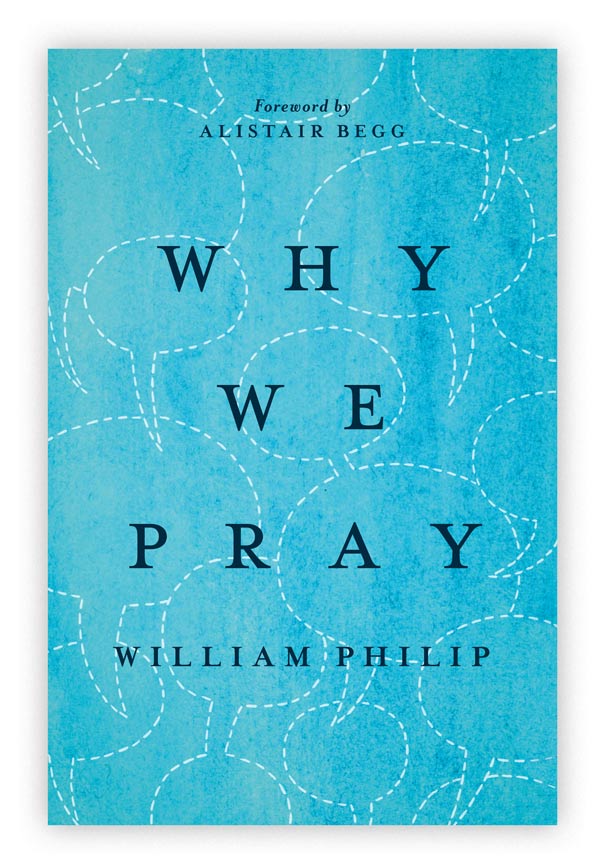An excerpt from “Why We Pray" by William Philip
We know that when a relationship is destroyed by unfaithfulness, it is impossible for the guilty party simply to reinitiate that relationship. The guilty one doesn’t have the power or the right to do that. Far too much has been forfeited, so much that a huge price must be paid before reconciliation can happen, the immeasurably costly price of forgiveness. The truth is that only the wronged party is in a position to invite the guilty party back in. That’s because the wronged party alone must bear the cost of that forgiveness. It’s desperately costly to forgive, to be able to say to one’s abuser, “Yes, you can come back into this relationship.”
We see that all the time in the news these days, sadly, with our sporting stars, the top golfers and football players and their infidelities. Only if the wronged party—in these notorious cases, the men’s wives—condescends to initiate that communication is there any possibility whatsoever of the relationship being repaired and coming back into being in any real and meaningful way. No matter how rich you are, when you are the unfaithful one who has messed it all up, all you can do is respond; you cannot initiate anything. All you have power to say is, “Yes, please, I do want back into this marriage,” and you can only say that in answer to an invitation from the person whom you’ve wronged.
So it is with God.
But the whole story of the Bible, the whole story of the gospel, is of a God who, from the very beginning, determined that he would say those words, “I want you to come back in. Yes, the rift is terrible; yes, the pain has been absolutely unspeakable; yes, the cost to me will be infinite. But I will bear that cost so that once again you will be truly human, creatures made for me, to be with me, to know me, to be able to converse with me and commune with me intimately, so that you will be able to answer me again, and we shall be able to talk together as friends.”
